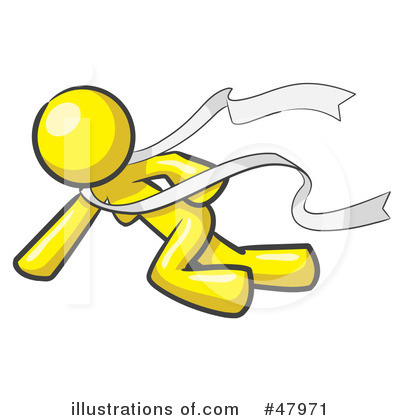GOOD LUCK SURVIVING NEXT YEAR, NEWBIES!
Greetings, future
students of Mr. Yost's class!
I am a survivor of the notorious
APENG class from room L08! You have a
great journey ahead of you filled with adversities commonly known as TOWs and
Timed Essays, but do not fear, for I, David, the Slayer of Vocabulary Words, shall
give you words of advice to guide you through your way. Whether you will heed
my words is up to you, but they might be the key for you to have a very challenging
yet rewarding year.
Let's set something straight right away; you are not going to get an "A" in this class easily. Heck, I was lucky just to stay in the "B"-range throughout the year! For most of the time, you will receive grades that will be below your expectation even if you pull an all-nighter (which really doesn't help at all) to study for your unit test or write an argument essay on why Mr. Yost is the best teacher ever. Do not let this fact bother you too much however, for this course is packed with college level contents, meaning that you are going to learn the same materials that many student will learn in their college freshman year .This is no simple feat, so feel proud!
To me, timed essays
were a nightmare, and I have a feeling that they will a nightmare for you too.
I mean, the only part that I actually liked about having a timed essay was
giving myself a funky alias to keep my paper anonymous. In a timed essay, you
will constantly be chased by the ticking clock, so it makes sense that most of
you will start writing as soon as you receive the prompt. Do not be tempted to
do that! I found it immensely helpful to use a method called HECTOR (Hunch,
Evidence, Connection, Thesis, Organize, Reread) and to carefully think of what
the author's purpose is. Although this process may cost you five to ten
minutes, it helps you a lot on the long run because all your thoughts will be
organized when you write. Do not underestimate the power of brainstorming and
prewriting.
Because this is such a
grueling course, you need to take an advantage of every resource around you. So
make sure to visit Mr. Yost during his office hours in order to prepare
yourself for the upcoming unit test or timed essays! Mr. Yost always tries to
be flexible with his schedule so that he can help out each and every individual
student during classes, lunches, study halls, and after schools. If you can set
up a schedule for a meeting with Ms. Pronko, she will be glad to help you out
as well. Make sure to visit these two teachers often, especially if you are
working on a take home essay. They will be willing to sit with you and to make
as much revisions and edits as you possibly need, so every time you change something
on your paper, go visit them to see what they think of the changes.
Finally and most
importantly, always stay positive! Without the right state of mind, this class
will be downright brutal, so try to enjoy this class and cherish the memories
instead of whining about failing a timed essay. It is hard to believe that by
next year, Mr. Yost will be a father who will be talking about raising his torpedo
baby (don't ask) to you in your class, because all he talked about in my class
was about whether the baby will a boy or a girl (it's a boy) and how he will
name the baby (I still think "Maayush" is an epic name). These are the kinds of moments that make the class bearable and
even enjoyable, so always try to find positive aspects of APELC. And always
remember: It's only just a school!
As a fellow comrade, I
salute you, newbie, for your bravery (or is it naiveté?) to take on this
challenge. I hope to meet you in the future as a mean-lean-TOW-killing-machine,
and may Lady Luck be with you every single step of your rite of passage.
Sincerely,
David Min (aka Avid
Mind, Nimdi Vad, Cupcake, Brainbow, and I AM ERROR)





